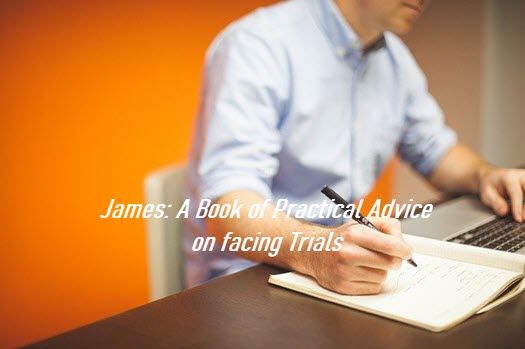God was clear as to His choice to lead the nation out of Egypt and into the wilderness where God would test them to see if they would wholly follow the Lord. We don’t know when this took place, but it was after the anointing of the men who would care for the Tabernacle. They had seen the miracles, witnessed the building of the Tabernacle, witnessed the anointing of Aaron and his sons. God’s mercy had been clearly revealed even when Aaron led the people astray with the golden calf. And yet…the sin of pride and the sin of grumbling raised its ugly head.
We have seen this even today in churches that split and we have experienced it in three different churches we attended, yet God protected us in ways that we could never have expected. He removed us before the final crushing blow so that we would not be there. The devastation it brings to the body is beyond description. Satan knows our weakest point and in the case of Korah, his weakest link was bending his ear to the gossip, as was the sin of our former churches, which led to grumbling and finally to the division of those churches. For Koran it was death by the hand of God. God hates grumbling and He hates when we selectively choose whom to disregard. God will bring it to its conclusion either by us humbling ourselves or by some other means.
Oh Father, keep us from grumbling, keep us wholly devoted to you and your servants whom You have chosen. Give us a discerning spirit to know what is truth and what are lies from the enemy. Believer, put your armor on for the battle is real and certain.










